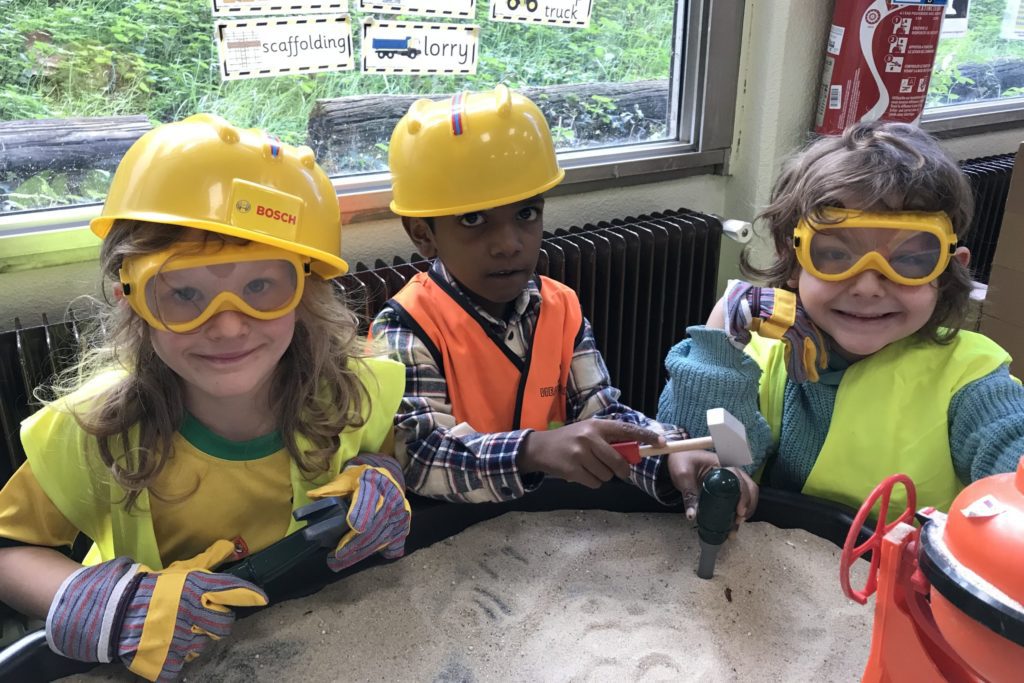
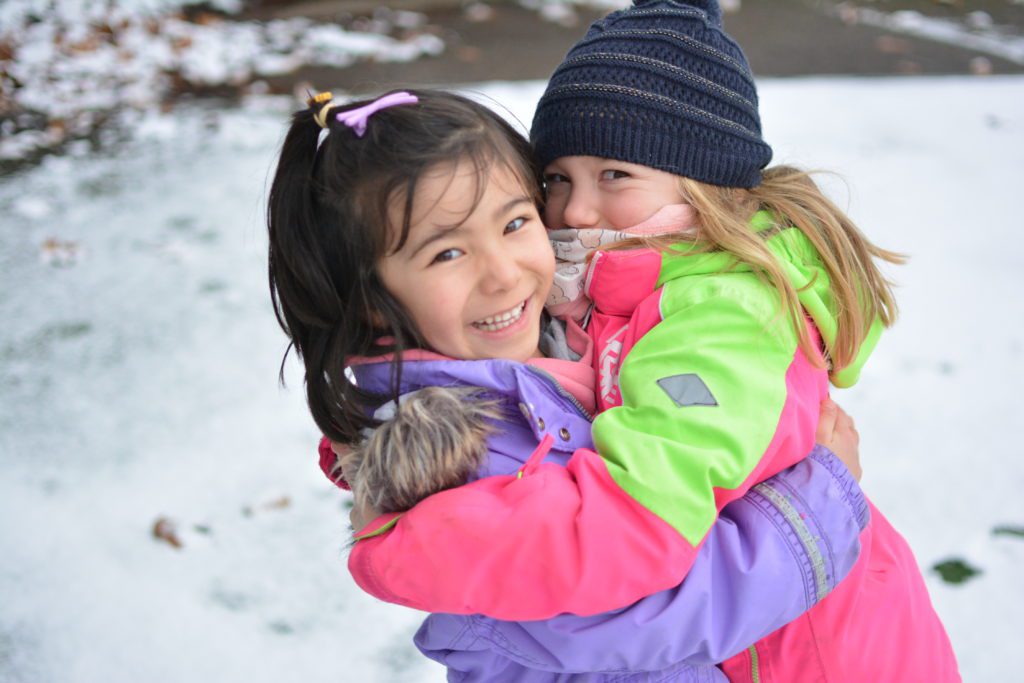
At ISL’s English-French bilingual Kindergarten, we believe that “children are interested observers and curious explorers who are capable of constructing meaning to make sense of the world around them” (Yogman et al. 2018). Fully accredited by the International Baccalaureate (IB), we follow the Primary Years Programme (PYP) in a nurturing environment that fosters self-discovery and social interaction.
Located in the Lyon metropolitan area, our Kindergarten connects students to the local community through carefully planned visits and workshops, enriching their learning and building a sense of belonging. Your child will embark on a bilingual journey in both English and French, developing confidence, creativity, and independence.
Kindergarten at ISL (maternelle in French) includes:
The English Kindergarten at ISL features fully qualified teachers supported by experienced assistants. Children follow a bilingual immersion programme, with 25% of their week in French and the rest in English.
Our bilingual programme integrates language, mathematics, science, arts, music, and physical development through four engaging Units of Inquiry. Learning is enriched by interactive workshops and visits to Lyon’s landmarks. Children benefit from state-of-the-art facilities, including a library, gym, multi-sports terrain, and age-appropriate amenities like child-friendly toilets, a nap room for Pre-K, and a snack/lunchroom.
Our early learning programme emphasizes the IB Approaches to Learning (ATL) skills and the IB learner profile, fostering social, emotional, and self-management skills to help children grow into confident, independent learners.
For added convenience, we also offer after-school care services for families at an additional cost.
At ISL, play-based learning is central to our inquiry-driven approach to early education. It allows students to make choices, follow their interests, and explore big ideas in meaningful ways. Through play, they test their thinking, share ideas, and learn from new experiences. Teachers support this process by observing, guiding, and extending learning—while giving students the freedom to lead their own discoveries.
In Kindergarten, teachers support play by:
With these elements in place, students respond with curiosity, imagination, and creativity. They develop language skills, practise symbolic exploration and expression, and learn to self-regulate. Over time, they build a strong sense of identity and the ability to interact, reflect, and contribute to their own and others’ learning.
See below for some of the types of play children engage in at ISL.
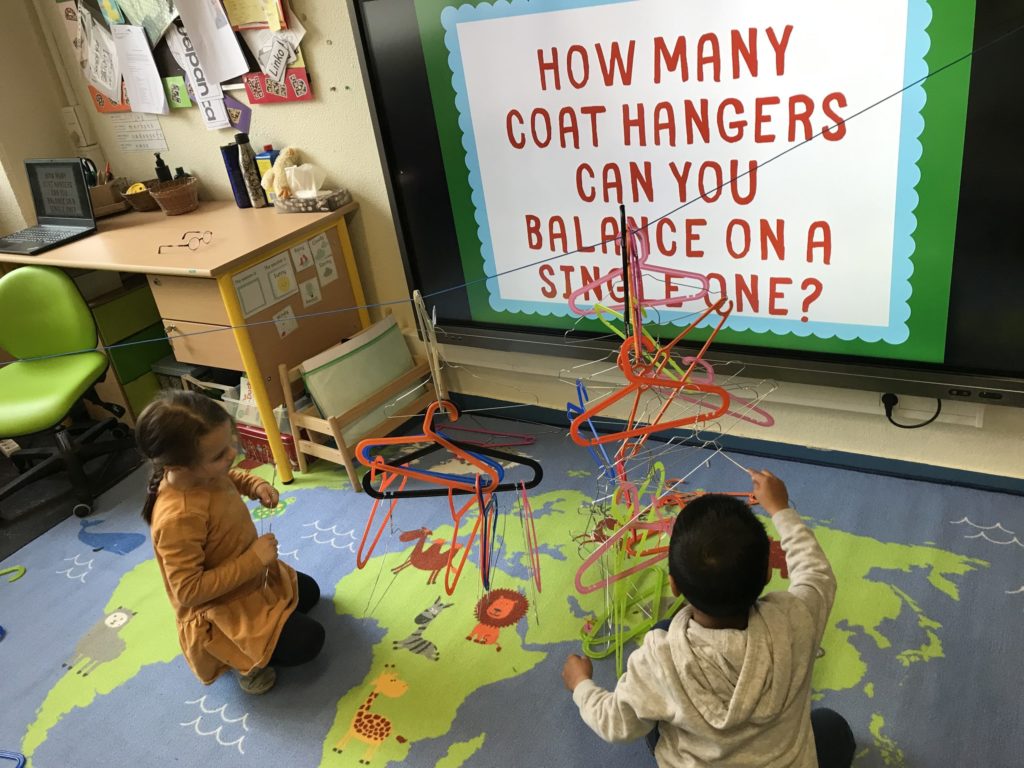
Collaborative Play enables children to work cooperatively, taking turns, sharing resources and solving problems together.
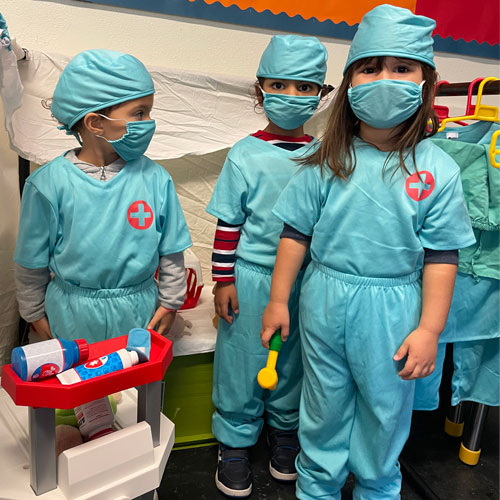
Role Play helps children to make sense of the world around them by taking on pretend roles and situations and in developing empathy and an understanding of their feelings.
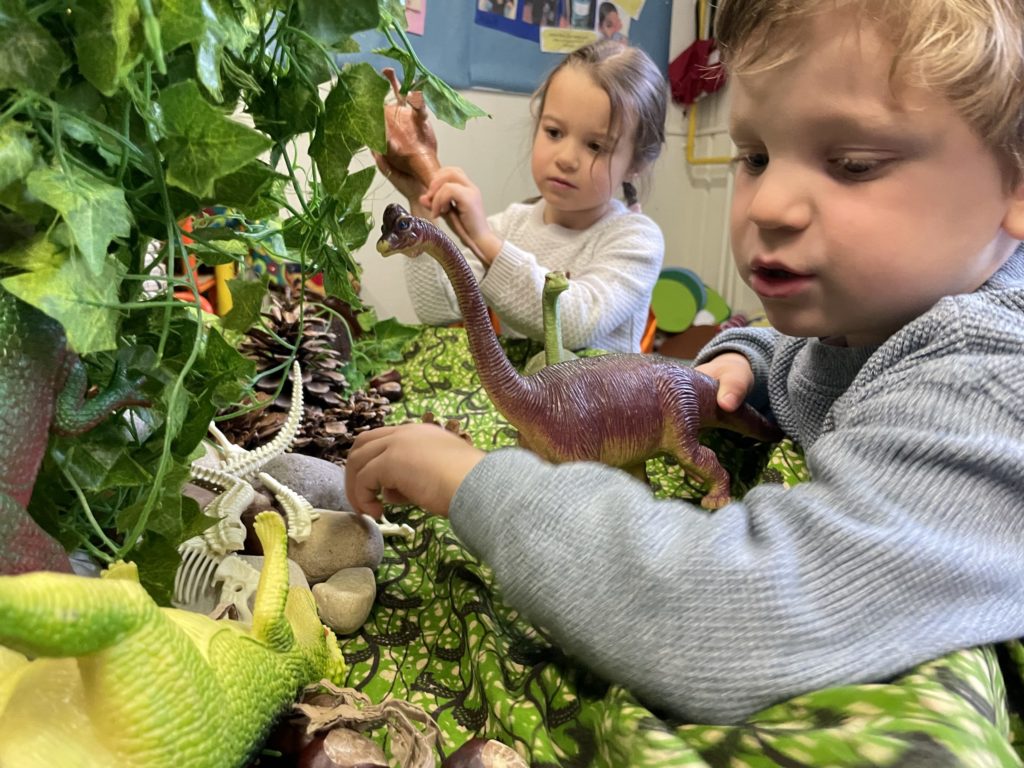
Small-World Play allows children to act out scenarios from real life, or stories they have heard in a miniature form, using small figures and objects.
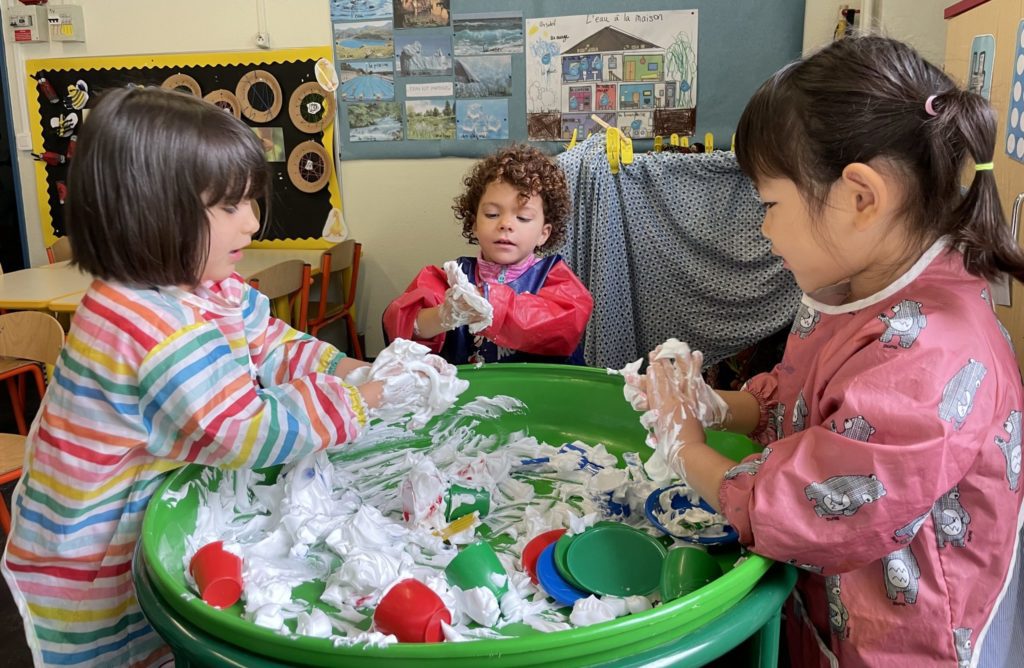
Sensory Play provides opportunities for children to actively explore their world using their five senses.
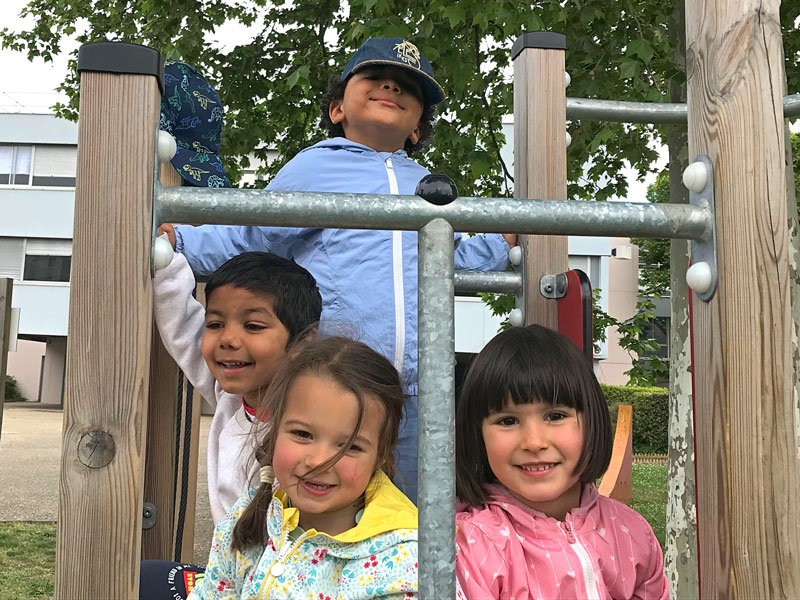
Recess Play gives children opportunities for independently navigating friendships, practising conflict/resolution skills, increases physical activity that helps with memory, attention, and concentration.
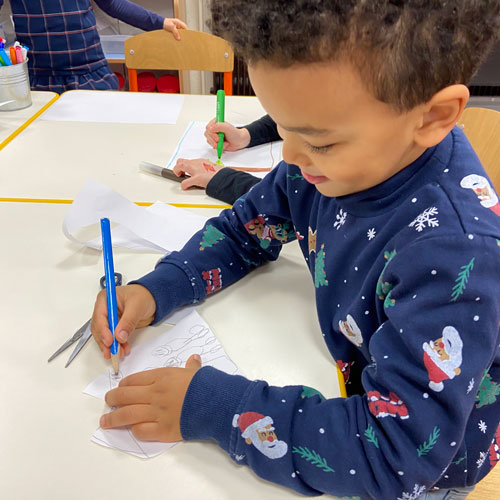
Fine-Motor Play activities help children to develop the skills needed for handwriting and self care tasks.
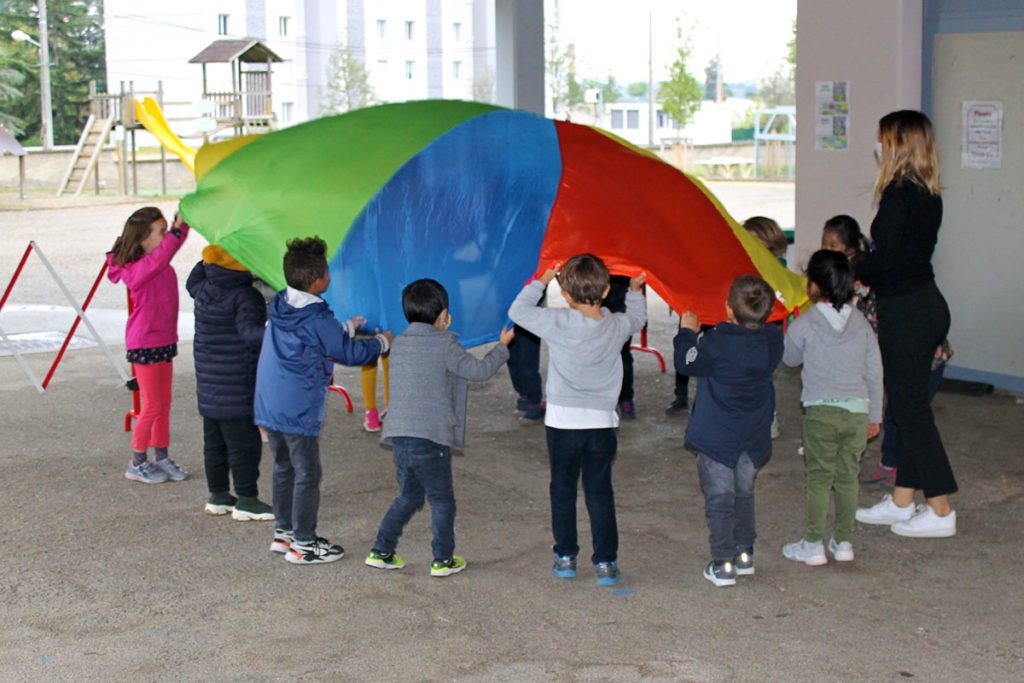
Gross-Motor Play activities help children to develop skills through using the large muscles of the body in a coordinated and controlled way.
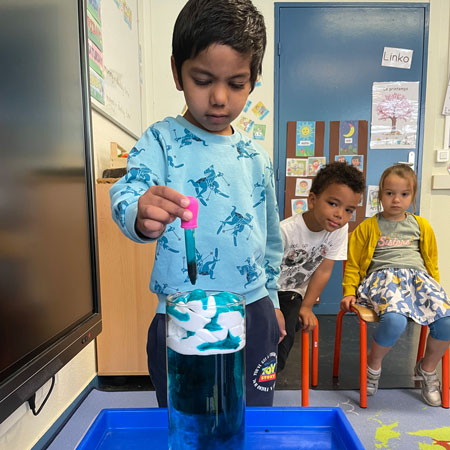
Inquiry-Based Play encourages children in planning and carrying out investigations, proposing explanations, asking “what if” questions and making connections in their learning.
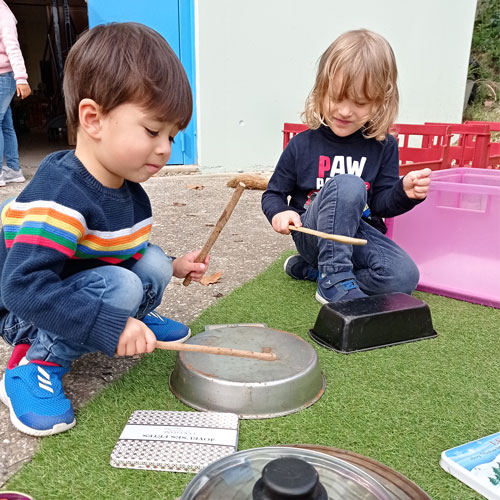
Creative Play enables children to express their ideas, experiences and emotions through a variety of ways whilst they are learning how to articulate their thoughts clearly.
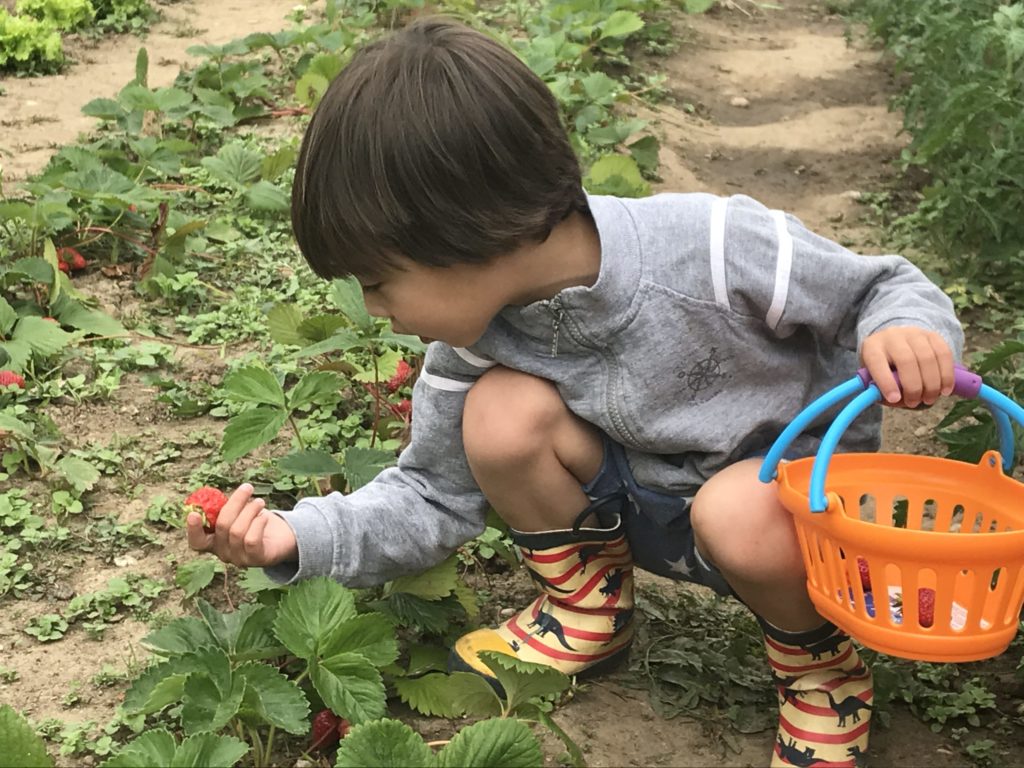
Outdoor Play gives children the experience of learning in a sensory-rich environment with fewer restrictions of space, noise and allowing greater opportunities for social interaction.
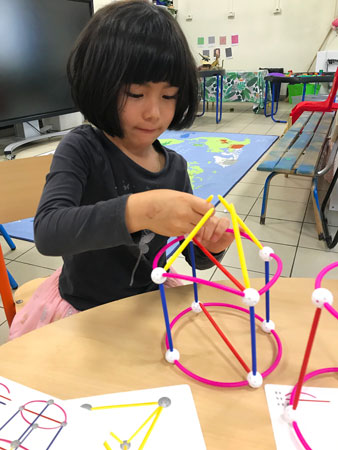
Maths Through Play enables children to explore and make sense of the world by finding patterns, manipulating shapes, measuring, sorting, counting, estimating, posing problems and solving them.
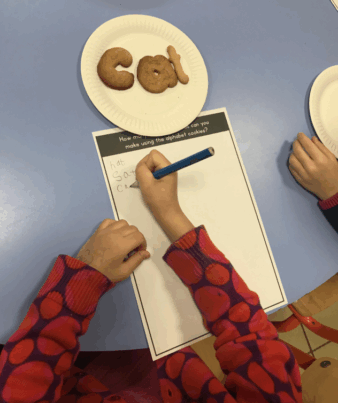
Literacy Through Play helps children to find new ways of making meaning and exploring the world through spoken language, in books and in written form.
For details of our Kindergarten curriculum, please consult our general and grade-specific documentation below:
*Note: For the Primary School curriculum documentation, see here.
N.B. All teaching and learning in the PYP is supported by ISL’s Vision, Values and Mission and the IBO Learner Profile.
![]() Our Primary and Kindergarten curriculum resources are licensed under CC BY-NC-SA 4.0.
Our Primary and Kindergarten curriculum resources are licensed under CC BY-NC-SA 4.0.